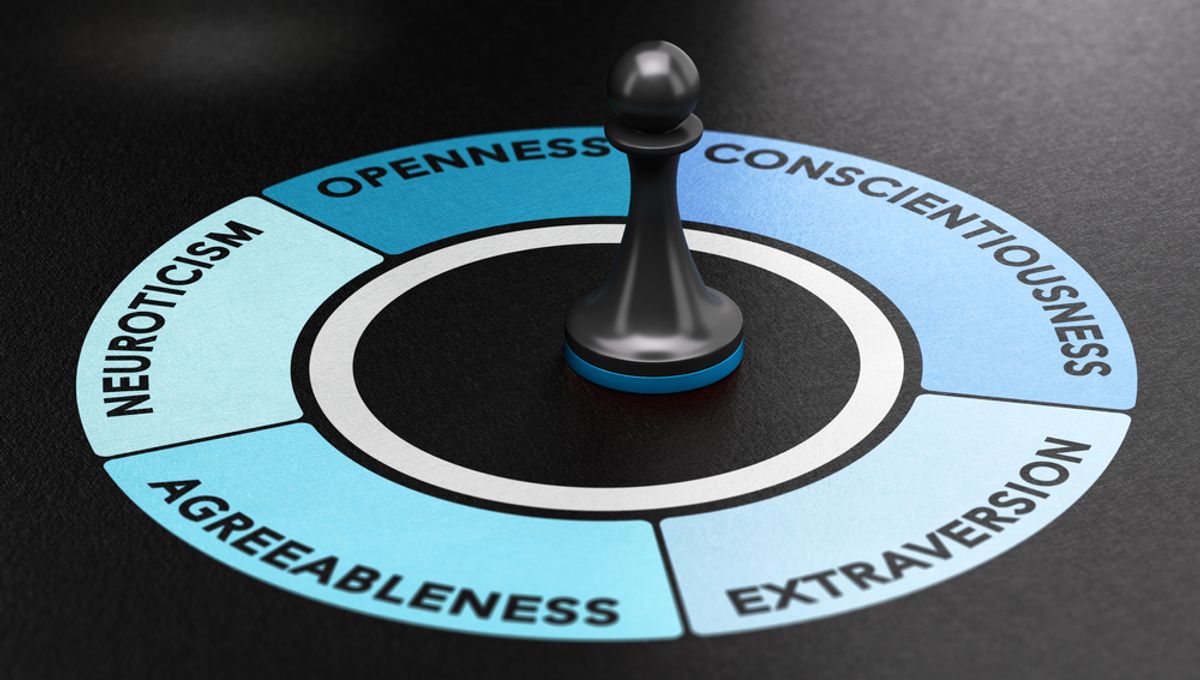
Natural disasters can trigger depression, anxiety, and post-traumatic stress disorder, but research has found they barely seem to alter the personality traits psychologists refer to as the “big five”, at least among adults. However, a comparison of these traits conducted before and after the pandemic has shown a noticeable shift in ways usually considered undesirable – and the effect is largest among young people.
The Understanding America Study conducts regular online surveys of a sample of the adult American population. When the pandemic hit, it offered researchers a baseline for thousands of peoples’ responses to standard questions dating back to 2014.
In a new paper, researchers compare these results with surveys taken by the same people early in the pandemic, and then in 2021-22. Participants may not be entirely representative (only 41 percent of respondents were male, for example), but a sample of over 7,000 people averaging 2.62 surveys each is a substantial pool to work with.
Initial results appeared consistent with previous studies. In 2020, change was undetectable on four of the traits – extraversion, openness, agreeableness, and conscientiousness – while only a small effect was seen on measures of neuroticism. The only surprising thing was that participants had actually become slightly less neurotic. This is not what one might have expected in the face of a global plague and a surge in conspiracy theories designed to increase paranoia, but does match two previous small studies.
However, surveys taken in 2021 and 2022 produced quite different results. Based on their responses, people were significantly less extroverted, open, agreeable, and conscientious than they were before the virus.
Personalities can change over people’s lives, but usually slowly. The differences the paper describes, about a tenth of a standard deviation on each measure, were similar to those normally measured over a decade – so if it felt like the last two years have aged you ten, you’re not alone.
When the authors broke the sample down by demographics, they found most of the effect was among young people. Older participants showed no statistically significant changes. For those aged 18-30, however, neuroticism had increased significantly in 2021/22 compared to the before-times, while agreeableness and conscientiousness had decreased quite dramatically. The large fall in these two measures contrasts with a more typical small increase in people’s 20s.
The shift was greater among Hispanic respondents than in other ethnic groups, but no other demographic variations were observed.
Studies like this can spawn a thousand articles psychoanalyzing a generation – usually unfavorably. Consequently, it’s important to note there is more continuity than change in the data. Most people’s personality is not that different from what it was pre-pandemic, and averages hide wide individual variation.
Moreover, the bulk of the 2021-22 surveys were taken while death rates were still high; it will take a long period of (hopefully) improved public health before we know whether these effects are permanent.
Past research has found personal stressful or traumatic events do change individuals’ personalities, making it curious that those affecting entire communities don’t do the same thing.
The paper is published in PLOS One
Source Link: The COVID-19 Pandemic May Have Changed Our Personalities To An Unusual Extent